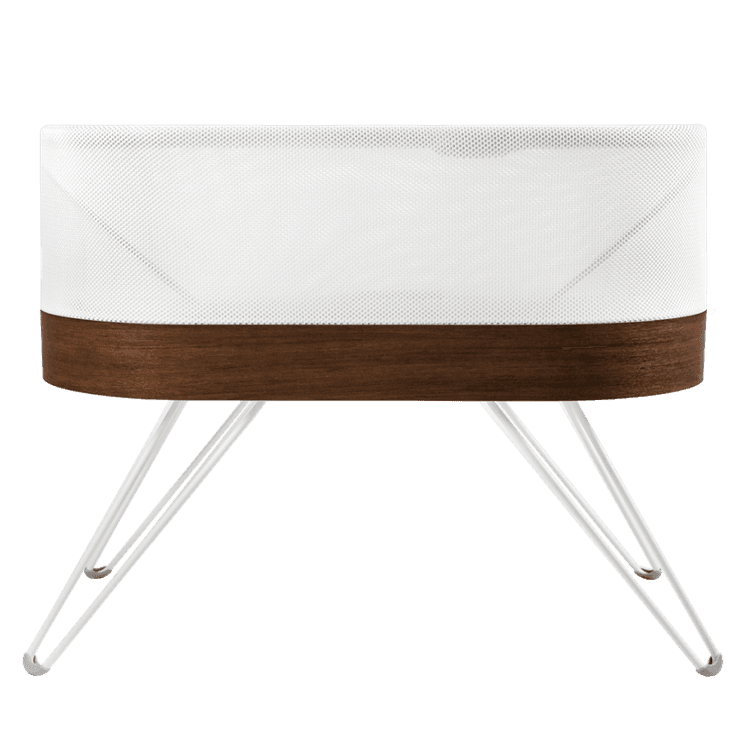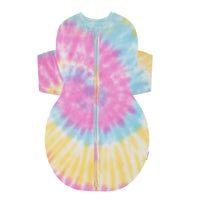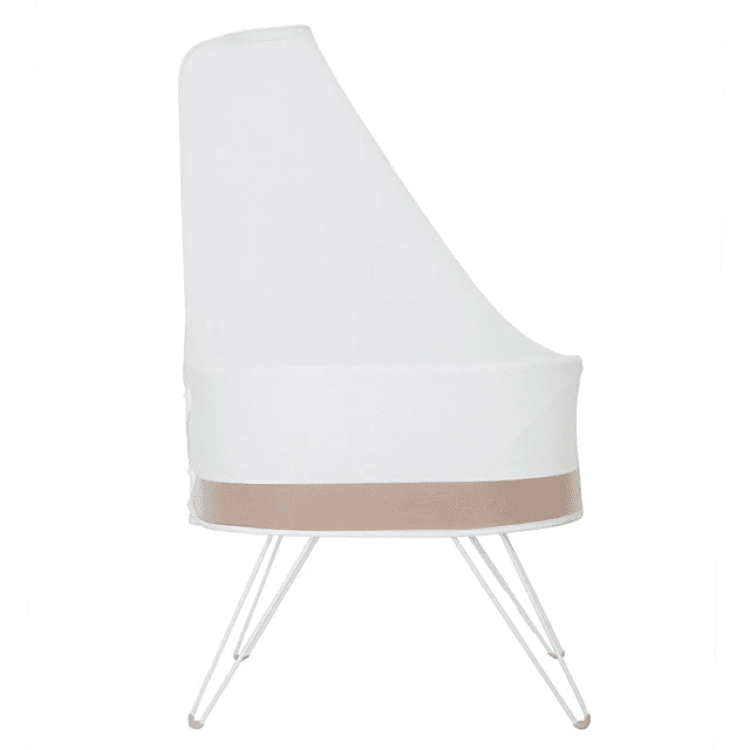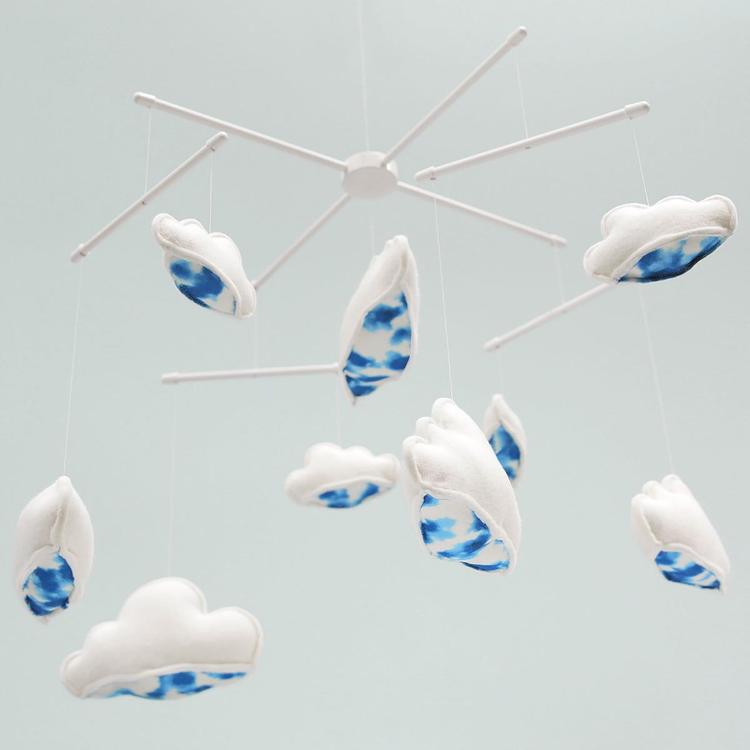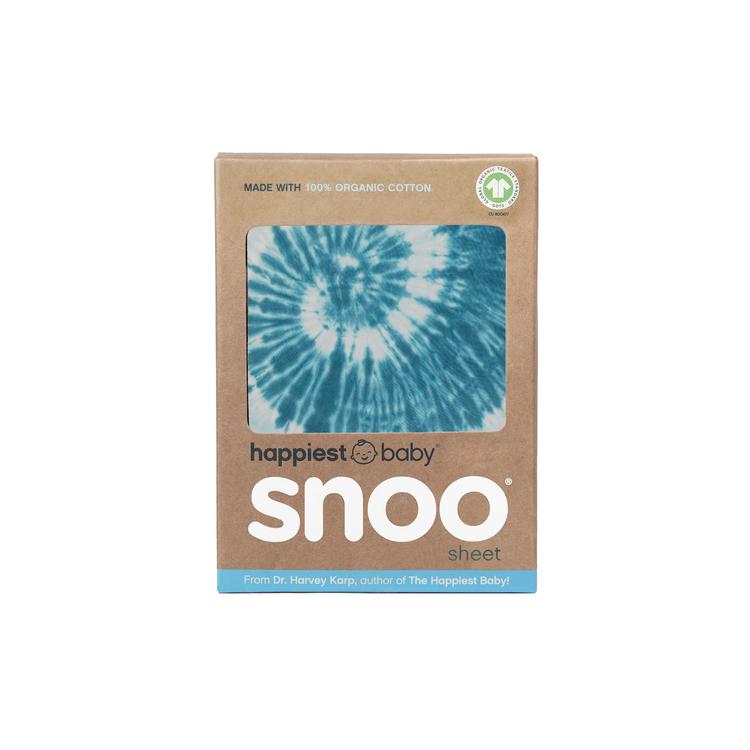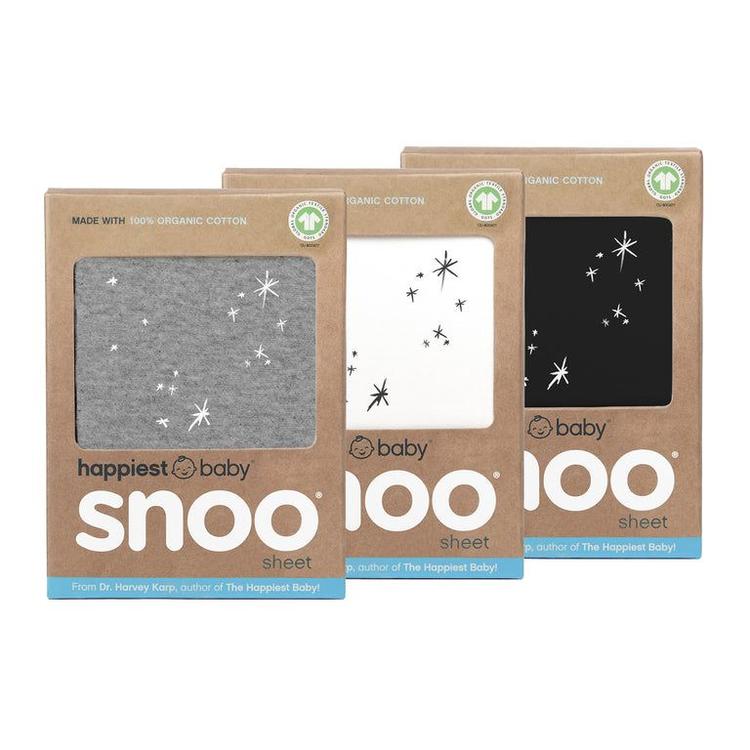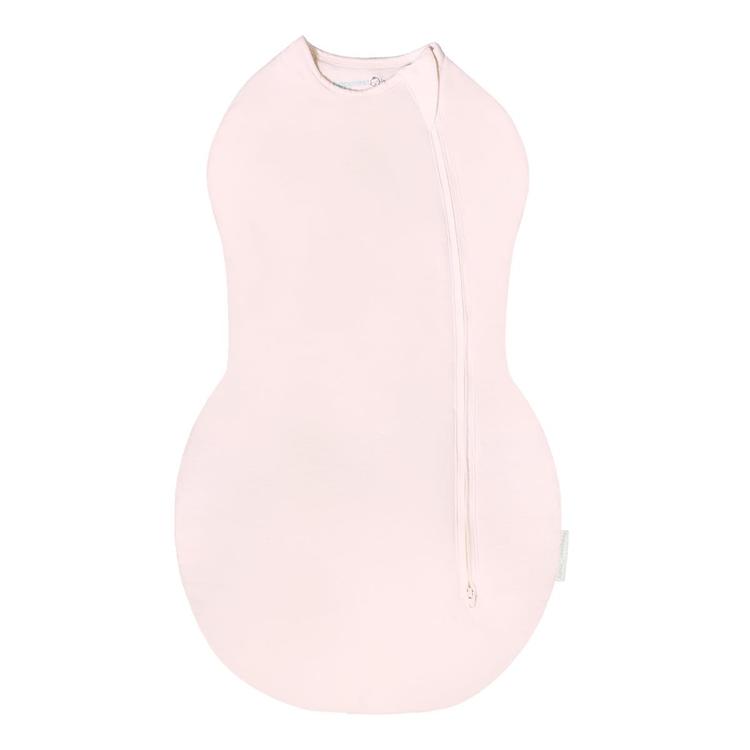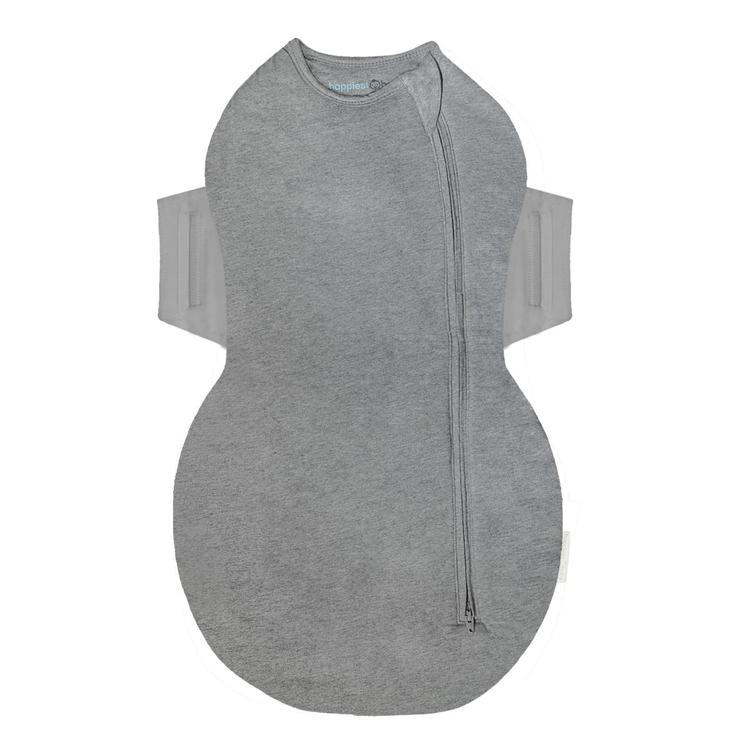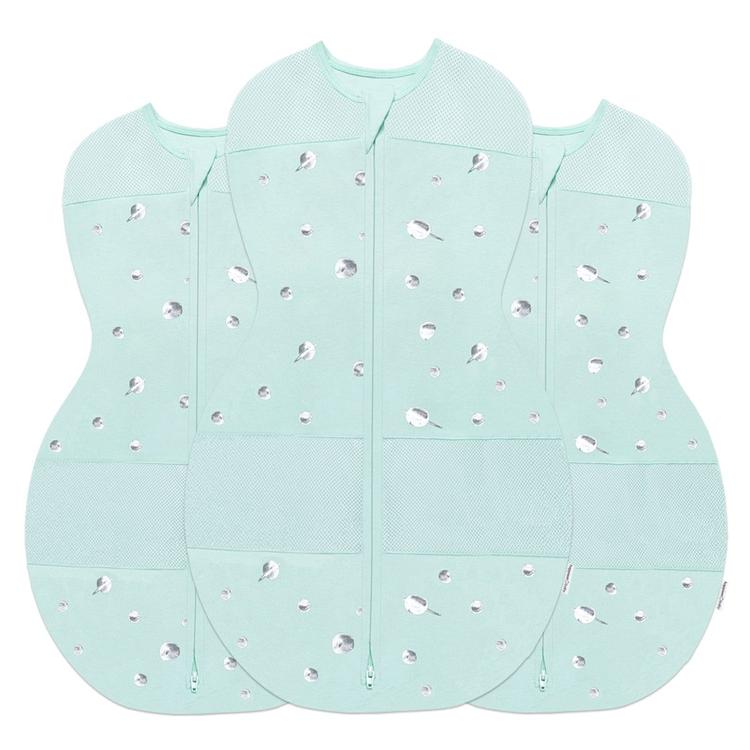PARENTS
Extended Breastfeeding—What to Know About Breastfeeding Beyond a Year
The milk in your fridge may have an expiration date…but there is no expiration date on breastfeeding! Here is what you need to know about breastfeeding beyond a year.

Written by
Dr. Harvey Karp

The milk in your fridge may have an expiration date…but there is no expiration date on breastfeeding! Most experts recommend exclusive breastfeeding for 6 months and to continue some breastfeeding for at least a year—but that does not mean you cannot breastfeed beyond a year, which is known as extended breastfeeding.
In the UK, 81% of women initiate breastfeeding. Only 34% of mums go on to breastfeed for at least 6 months, and only .5% make it to a year. Of course, just because most British mums do not breastfeed past a year, that does not mean they have to throw in the proverbial towel (or the nursing tops) at 12 months on the dot. In fact, globally, the average weaning age is over 3 years of age. The World Health recommends breastfeeding for 2 years and suggests that it is 'natural' to wean even after 2 years.
The Benefits of Extended Breastfeeding
If we look at how all human babies have survived over the millennia, breastfeeding was key! Breast milk provides the perfect nutrition for babies with the right fats, proteins, and immune boosters. Plus, breastfeeding can be a convenient, inexpensive, pure, clean, way to give your baby those nutrients…while also helping her shed baby weight, and possibly reducing her risk of breast and ovarian cancer. Even without the health benefits, it is a beautiful way to bond with your little one.
The Challenges of Extended Breastfeeding
There are not serious health drawbacks to extended breastfeeding, but there are hurdles that make breastfeeding beyond a year challenging, and there are plenty of reasons why a mother might feel it is in her or her child’s interest to stop breastfeeding before a year.
For one, breastfeeding literally takes a lot out of a parent! Modern parents are juggling more than ever—with less help than ever—and breastfeeding can demand a lot of time and energy. Not to mention, after 9 months of gestation and then another year-plus of breastfeeding, you might want to have complete control over your body again!
There are also logistical challenges of extended breastfeeding. Lack of pumping accommodations might make breastfeeding too hard to keep up with once she is back at work. A baby may be too distracted or may have lost interest in breastfeeding, or a mum may want to get pregnant again (usually you start to ovulate again once you start adding other foods to you baby’s diet). Occasionally parents are told to stop breastfeeding because the baby may develop severe dental caries (tooth decay) if on the breast for prolonged feeds (meaning suckling for 30+ minutes over and over during the night).
Because extended breastfeeding is not the cultural norm in the UK, parents may feel embarrassed or face social pressure to stop. People tend to have a lot of opinions about breastfeeding!
How to Handle Extended Breastfeeding Criticism
Remember, you do not owe anyone an explanation…breastfeeding is one of the most natural things a mother can do. When dealing with naysayers close to you, you can be considerate and hear their concerns, and then you can let them know that, according to medical experts, it is completely normal for a child to breastfeed beyond a year (and that around the world many mothers breastfeed two years…or more!).
You can also fill them in on all of the benefits of breastfeeding for both mums and babies. Or, if you are feeling a little cheeky, tell your critics that your doctor said your child has a special condition that makes your milk the recommended nutrition…and that condition is called infancy!
Bottom line: Do not let your critics deter you. If you love extended breastfeeding, feel free to keep going! Breastfeeding past a year can be a wonderful way to bond with your baby while offering some supplemental nutrients. And, if it feels like a slog, consider that it might be time to make a plan to wean. Whether you decide to stick with extended breastfeeding or stop, make sure you are making the decision that feels right to you!
Disclaimer: The information on our site is NOT medical advice for any specific person or condition. It is only meant as general information. If you have any medical questions and concerns about your child or yourself, please contact your health provider. Breastmilk is the best source of nutrition for babies. It is important that, in preparation for and during breastfeeding, mothers eat a healthy, balanced diet. Combined breast- and bottle-feeding in the first weeks of life may reduce the supply of a mother's breastmilk and reversing the decision not to breastfeed is difficult. If you do decide to use infant formula, you should follow instructions carefully.
SHARE THIS ARTICLE
PARENT PICKS
Bestsellers






